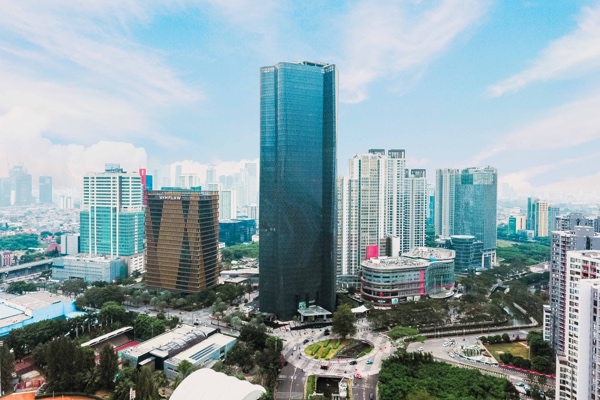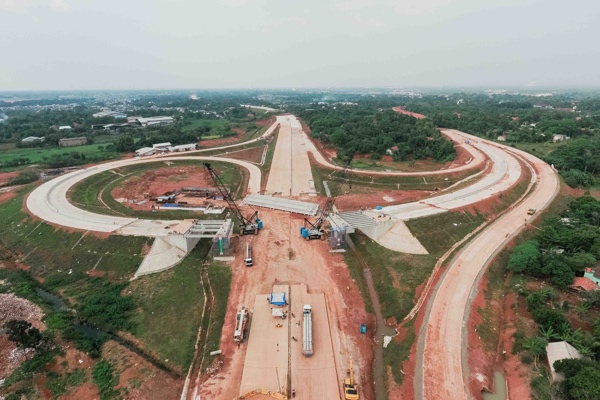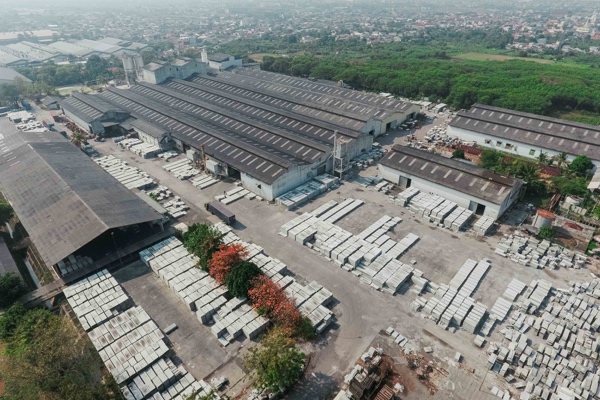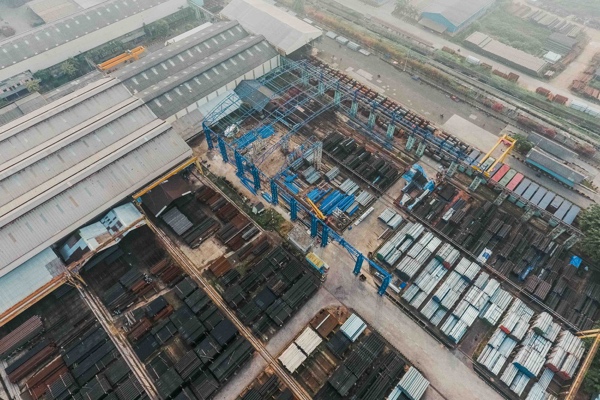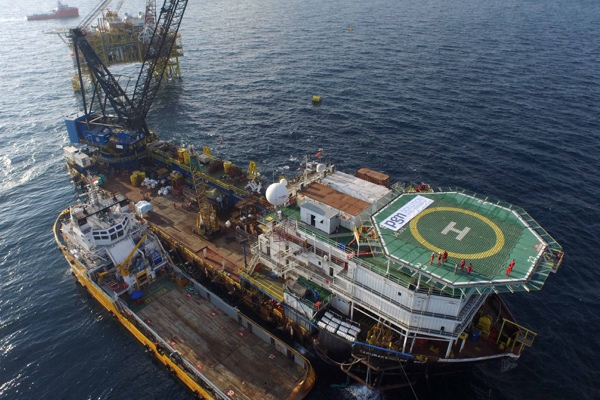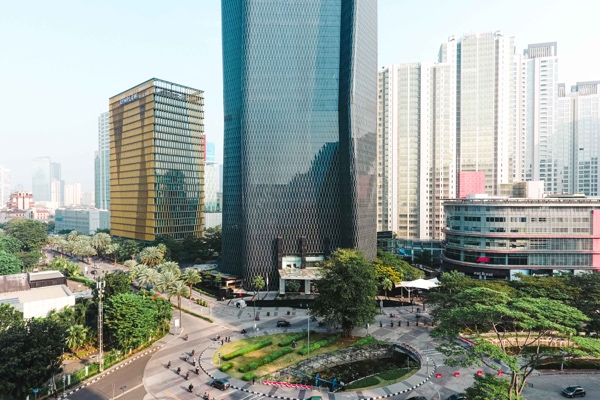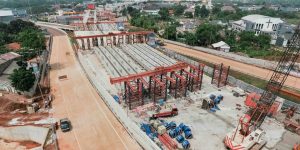5 Steel Industry Challenges in 2025
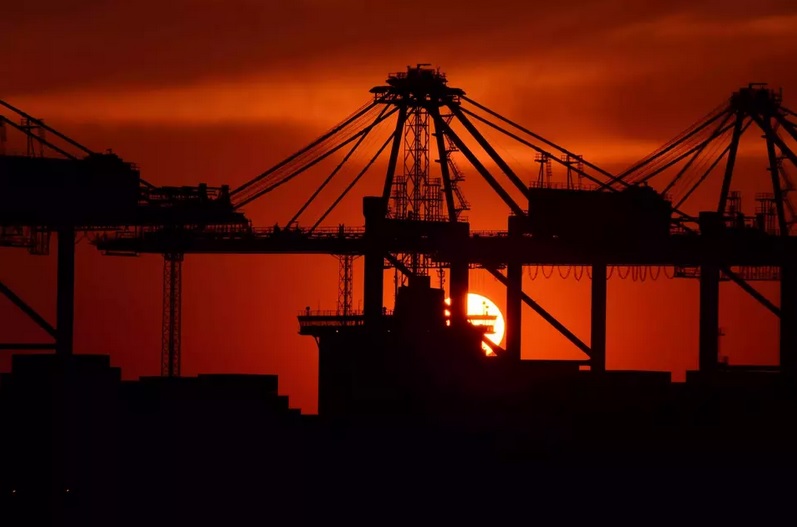
Source: Investor.id | January 6, 2025
The steel industry in Indonesia is expected to continue to develop and be able to support the construction sector with the special steel products needed. However, the national steel industry is still faced with a number of challenges in 2025.
In general, Indonesia’s construction sector is expected to continue to grow and become the main driver of the national economy in 2025. This in turn is believed to have an impact on the steel industry, which is one of the main materials for various infrastructure projects.
There are five challenges as well as opportunities that will color the journey of the Indonesian steel industry in 2025. First, global excess capacity and competition from imported steel. Not only in Indonesia, the global steel industry is facing major challenges related to very significant excess production capacity.
Data from the Indonesian Iron and Steel Industry Association (IISIA) shows that in 2022, global excess capacity will reach 632 million tons. The Organization for Economic Co-operation and Development (OECD) projects that additional capacity of 158 million tons will occur in the 2024-2026 period.
This excess capacity has led to an increase in steel exports, especially from China, which is detrimental to steel producers in export destination countries, including Indonesia.
IISIA Executive Director, Widodo Setiadharmaji, stated that the surge in China’s steel exports in 2023, which will increase by 39% to 92 million tons, has increased competition in the global market. Meanwhile, in 2023, steel imports from China to Indonesia will increase sharply by 42%, reaching 4.05 million tons, which makes it difficult for local steel producers to compete.
“This is due to the cheaper price of steel from China, considering the Chinese government’s support for their steel industry,” said Widodo in an official statement, on Monday (6/1/2024).
However, on the other hand, competition for cheaper imported steel prices also creates opportunities for the domestic steel industry to increase its competitiveness through supportive policies.
Second, related to certain natural gas price policies (HGBT) which provide challenges and hopes for the national steel industry. The Indonesian government has just extended this policy through the issuance of Minister of Energy and Mineral Resources Decree No. 255.K/MG.01/MEM.M/2024, to provide more competitive natural gas tariffs for the steel industry. Although recently, it has not been confirmed that the HGBT policy will continue in 2025.
In fact, with a more affordable energy supply, steel producers in Indonesia can produce steel more cost efficiently, increasing the competitiveness of domestic steel products in both local and international markets. The HGBT policy is expected to ease the burden on steel production costs, which will ultimately enable the Indonesian steel industry to maintain its domestic market share and expand its export market.

